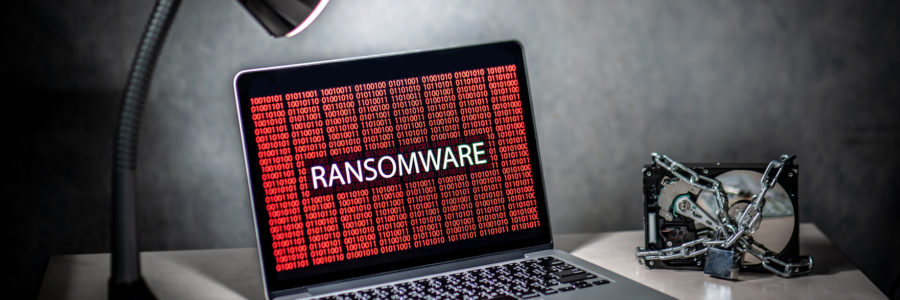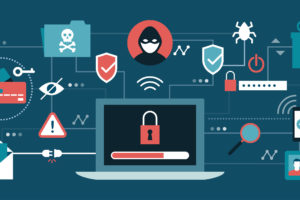Ransomware: A Major Threat to Small Businesses and How to Protect Yourself
Among all types of cyberattacks, ransomware can be the most frustrating, frightening, and expensive for small business owners. According to the Beazley Breach Briefing, 70% of ransomware attacks in 2018 targeted small businesses and that number continues to rise. In one particularly severe case, a single business lost $935,000 due to a ransomware attack.
What is Ransomware?
Ransomware is a type of malicious software designed to take control of your computer or mobile device. Once installed, it encrypts your data, making it inaccessible until a ransom is paid. Hackers typically contact victims via phone calls, emails, texts, or messaging apps, demanding payment in cash, credit cards, gift cards, or cryptocurrency such as Bitcoin, often using blockchain for untraceable transactions.
Earlier variations of ransomware sometimes displayed pornographic content or other alarming images to coerce payment. Today, hackers are more focused on encrypting sensitive business data, which can be devastating for small and medium-sized businesses. According to Symantec, ransomware hackers can earn anywhere from $200 per victim up to $394,000 in a single month.
Stop Ransomware Before It Hits
How to Protect Your Business from Ransomware
While ransomware can be frightening, there are proactive steps you can take to minimize risk:
1) Back up all of your data
Maintain backups of all critical business data on multiple devices or in the cloud. This ensures that even if a hacker encrypts your files, you can restore them without paying a ransom. Cloud-based backups are especially important for small businesses that cannot afford data loss.
2) Replace compromised devices after an attack
Even after paying a ransom, hackers may attempt further extortion. Ransomware programs can leave behind residual malware like keyloggers, which continue to threaten your business data. For safety, destroy the affected device and invest in a new one.
3) Educate employees and avoid suspicious links
Ransomware often spreads through phishing emails, fake software updates, or malicious advertisements. Train your employees to recognize suspicious links and only download software from verified sources. Encourage careful web browsing and vigilance around emails and attachments.
4) Keep antivirus and security software up to date
A reliable antivirus solution can filter out many online threats, including malware that leads to ransomware attacks. Regularly updating antivirus software ensures you are protected against the latest threats.
5) Implement 24/7 network & server monitoring
One of the most effective ways to detect ransomware early is by using 24/7 network & server monitoring. Continuous monitoring allows IT teams to identify unusual activity, block suspicious traffic, and respond immediately before ransomware spreads, saving businesses from costly downtime and data loss.
The Bottom Line
Ransomware is a growing threat, and small businesses are increasingly at risk. To protect your company:
- Back up important data regularly
- Avoid suspicious emails, websites, and links
- Keep antivirus and security systems updated
- Educate your team on safe digital practices
- Invest in 24/7 network & server monitoring for real-time protection
Guarding against ransomware isn’t just about preventing financial loss it’s about maintaining business continuity and trust with your clients.
Vodigy Networks is a leading IT service provider in Minneapolis and St. Paul, helping businesses implement proactive IT strategies, including 24/7 network & server monitoring, data backup solutions, and cybersecurity protection. Contact us today to safeguard your business and make technology simple, seamless, and secure.

Todd Eldron
Todd Eldron is an accomplished information technology professional with over 15 years of experience guiding organizations through digital transformation initiatives. His work focuses on implementing effective strategies to enhance cybersecurity, optimize operational performance, and adopt emerging technologies responsibly.




